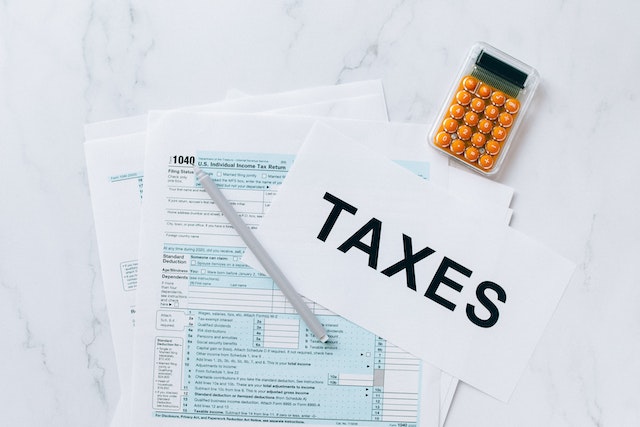
Making the decision to file for bankruptcy takes much consideration and understanding of the consequences. However, many will find that it’s the step they need to achieve financial freedom and enjoy a fresh start. If you don’t meet the requirement to file for Chapter 7 bankruptcy, you must file Chapter 13. In some instances, you may be unable to fulfill the requirements, and thus you must apply for a hardship discharge. Keep reading to learn more about this process and discover how a Memphis, TN Chapter 13 bankruptcy lawyer can help you through this challenging and often confusing process.
What Is Chapter 13 Bankruptcy?
If you want to file for bankruptcy, there are several options, the most common being Chapter 7 and Chapter 13. Chapter 7 liquidates non-exempt assets to pay off your debt in one bulk payment. However, to qualify, you must meet a means test. This compares your income to the median in your area, and if you are below the median wages, you will qualify for this Chapter.
Those ineligible to file for Chapter 7 bankruptcy will generally file under Chapter 13. This is the process in which you work with your creditors to create a repayment plan. These plans last three to five years and are paid in monthly installments.
How Does a Hardship Discharge Work?
If you discover you’re going through undue hardship while you’re expected to make payments towards your Chapter 13 payment plan, you may be able to qualify for a hardship discharge. Essentially, you’ll be able to ask the court to end your plan early because of unforeseen circumstances that prevent you from making payments.
In order to prove that you are going through hardship, three elements must be present:
- Circumstances beyond your control: Generally, this includes medical evidence proving that the loss of your job is not just temporary but something that permanently inhibits your abilities.
- Adequate repayment: In most instances, so long as your creditors received the payment they would’ve gotten in the event you filed for Chapter 7, it qualifies as adequate repayment.
- Modification is unrealistic: In some instances, you may be able to modify the plan to better suit your needs. However, you don’t need to apply for modification as a means to prove it is not an adequate plan.
If you are eligible, the courts will grant a hardship discharge, freeing you from the remainder of your owed debts. However, some debts are not eligible for discharge, such as federal taxes, student loans, child support, alimony, and restitution from a crime, among others.
Bankruptcy can be confusing if you’re unfamiliar with the legal complexities. As such, our dedicated legal team at the Arnold Law Firm has the experience you need to help you through this complex process. Contact us today to learn more about how we can help you.




